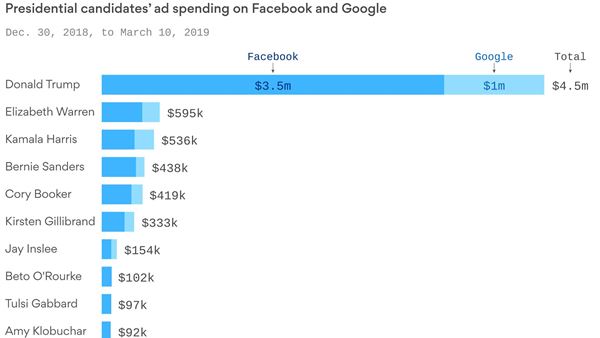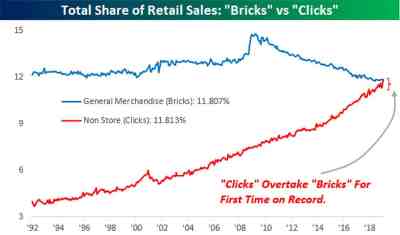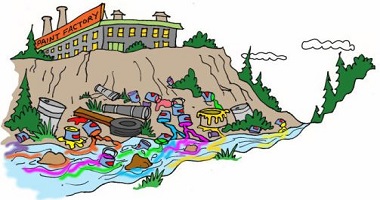In this excellent post ‘Trump’s Digital Campaign for 2020 Is Already Soaring‘, Frederic Filloux explains how the Trump 2020 campaign is already extremely active, focusing on voter segmentation so as to serve the most effective targeted propaganda through social networks. And it seems that the scale is quite unprecedented.

Trump digital campaign has started almost just after the election and has already spent much more money than any other campaign: “we’re doing top-level funnel marketing and what that is, is we need to find every person that’s going to vote for the president and would vote for the president and go find them now. It’s a lot cheaper to go find them now, not when the media gets all and the advertising is more expensive and we have to rush to find them. Why not find them three years out?“
The important thing is that now targeting is not any more at the group level – it is at the individual level and extremely fine. Messages can be adapted to address individual concerns and worldview. Therefore the potential for influence is extreme, because potentially people will be engaged individually with messages that are deemed adequate for them.
The power of this approach remains to be seen in the next elections, but it is of course quite worrying to observe how this is becoming an influence machine that borders on manipulation.











